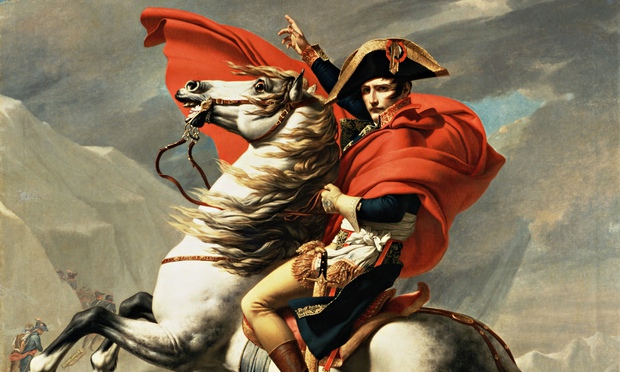On my family tree there are some people who were clearly forced to grow up very quickly. On every family tree, in fact, there will be ancestors who married young, joined the army young, died of horrible diseases after childhood's blighted with illness. The ones which stand out on mine are a couple of Anglo-Indian girls who married at 13 or 14 and a pair of brothers who, having lost both parents, were sent, in their early teens, into the army via music scholarships. Both stayed in the army all of their lives, although only one died in middle age.
And now, as I struggle with the beginning of the teenage years for my eldest child, I have begun to question how such ancestors - and the millions like them - managed to begin adult lives so early. I have been reading quite a lot of articles about teenagers. My son is a good lad on the whole but there has been that very definite Harry Enfield-esque shift in his manner and attitude. And, joy, it is only going to get worse.
One of the arguments around teenage psychology is about to what extent the 'teenager' is a modern invention. Some believe that there was no such thing until the 1950s. That young people went from childhood to dressing like their parents, getting jobs and settling down with nothing in between. No experimentation, no rebellion.
However, the biological and cognitive changes in children between around twelve and seventeen are substantial and surely these cannot be a modern 'invention'. The changes in their mental abilities during this period are very important for their future lives. There are all sorts of huge life changes to deal with - all linked to their increasing independence. And thanks to all of this, they are particularly vulnerable to abuse by others or of substances.
So how did our teenage ancestors cope with marriage, work, etc? Modern Western children could not marry at 13 even if it was legal. Most are still far too dependent on adults and far too immature in general - despite their attempts to have us believe otherwise via social media! For example, for my above-mentioned ancestors, I am assuming the girls that married at thirteen then had to run households. They did not make fantastically wealthy matches and then sit around chatting all day. My kids can barely keep track of their pocket money or remember to feed the dog! Actually, maybe despite the faux maturity projected on instagram, etc, possibly we have made teenagers less able to cope. They are never completely out of contact with us, we drive them everywhere and we agonise over their every grade.
I think the 'teenager' definitely is an invention in terms of the recognition, by 1950s advertisers, of the huge marketing potential of the age group. However, I do think that humans must always have had the attitudes, insecurities and frustrations during this period of their lives. One of the biggest problems which Marie Antoinette had when she arrived in France, aged 14, to marry the heir to the throne was her own immaturity, capriciousness and tactlessness. Quite the teen queen.
My issue now is how to deal with these changes, these attitudes without losing communication with my son. I know it is a phase and I know it will pass. I just wish I knew when. To quote Harry Enfield's Kevin, 'It's SO UNFAIR!'
PS my fiction writing efforts are continuing. My first ever proper short story has been published on Kishboo e-magazine. If you have a chance, please do read it and vote if you enjoy it! It has an Anglo-Indian theme, in keeping with my family history interests!
PS my fiction writing efforts are continuing. My first ever proper short story has been published on Kishboo e-magazine. If you have a chance, please do read it and vote if you enjoy it! It has an Anglo-Indian theme, in keeping with my family history interests!


